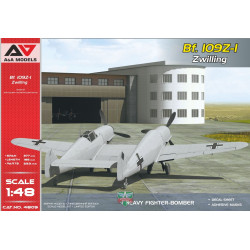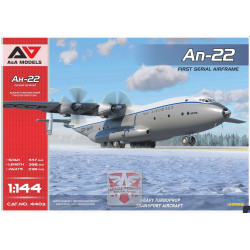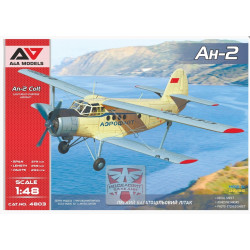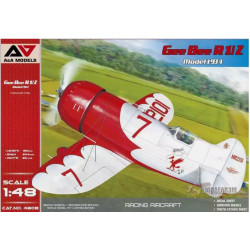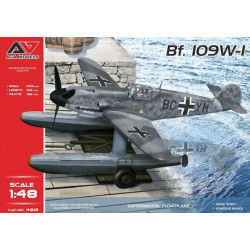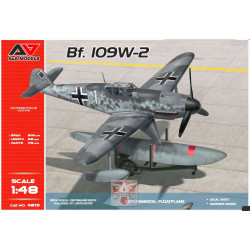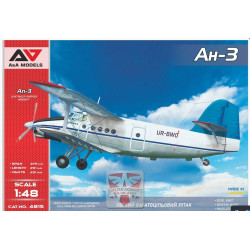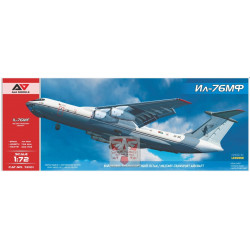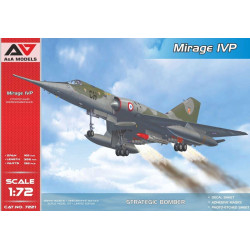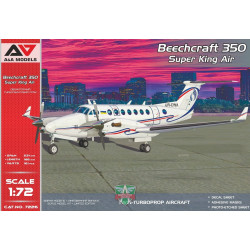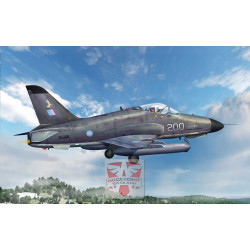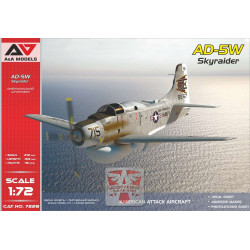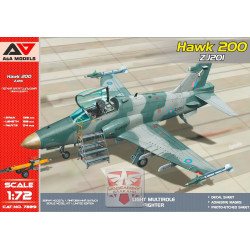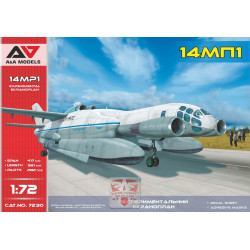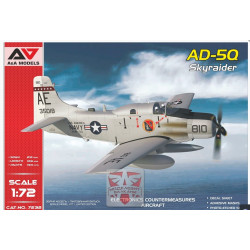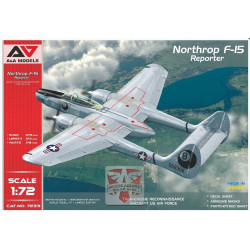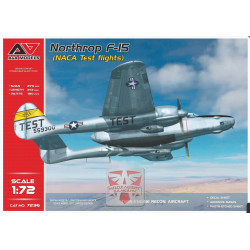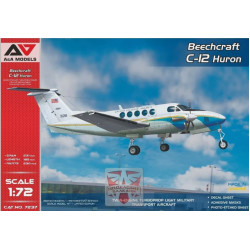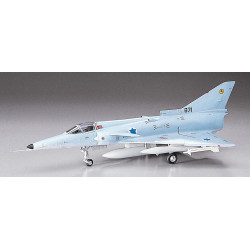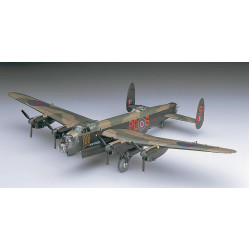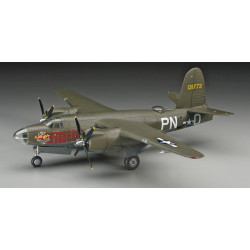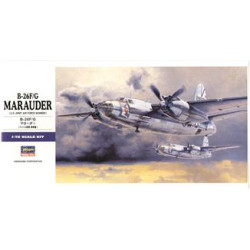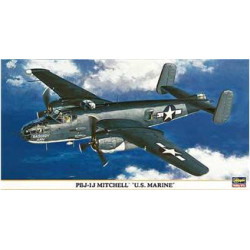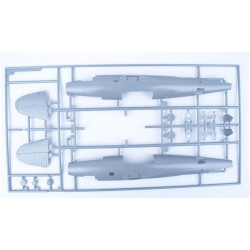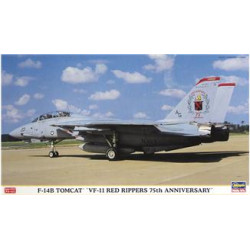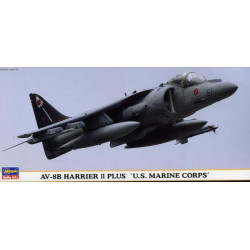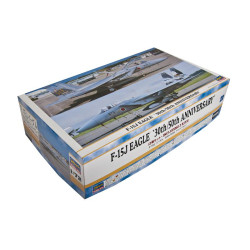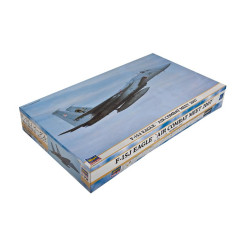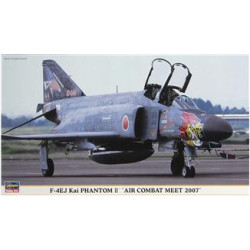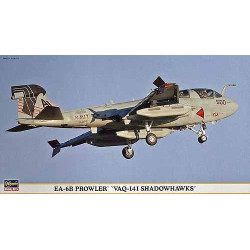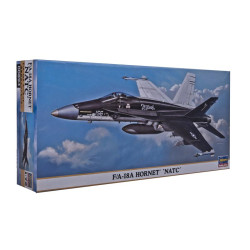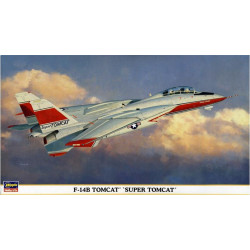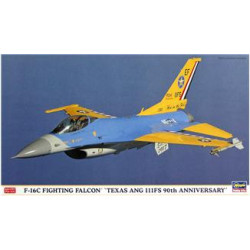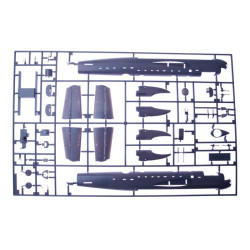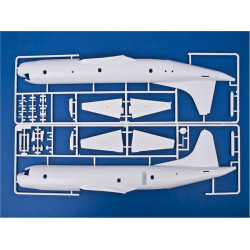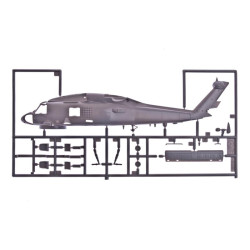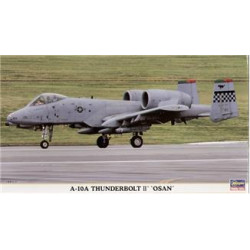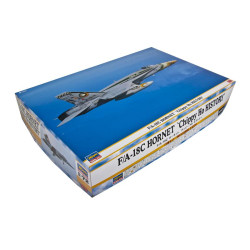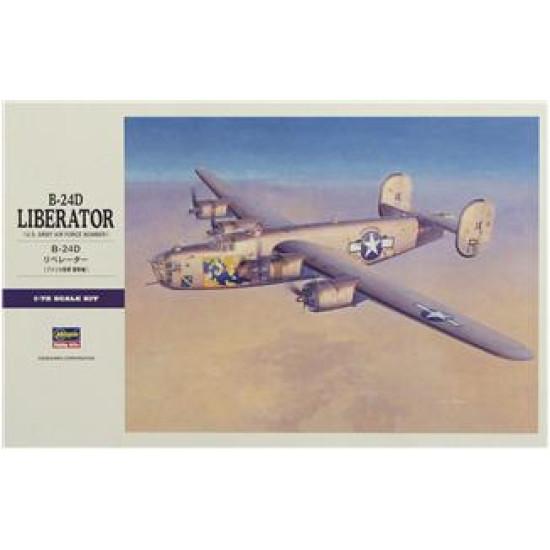
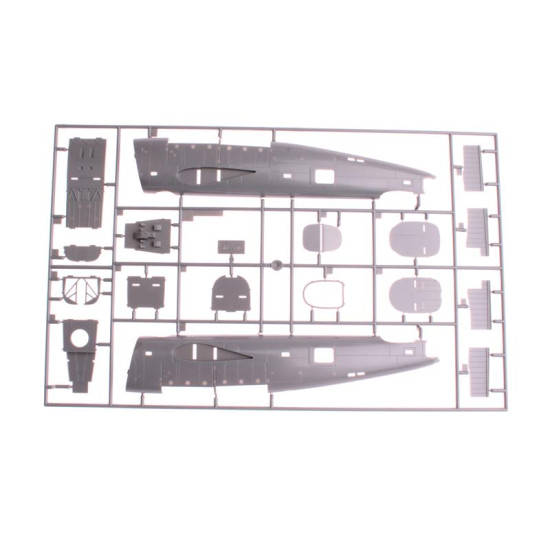
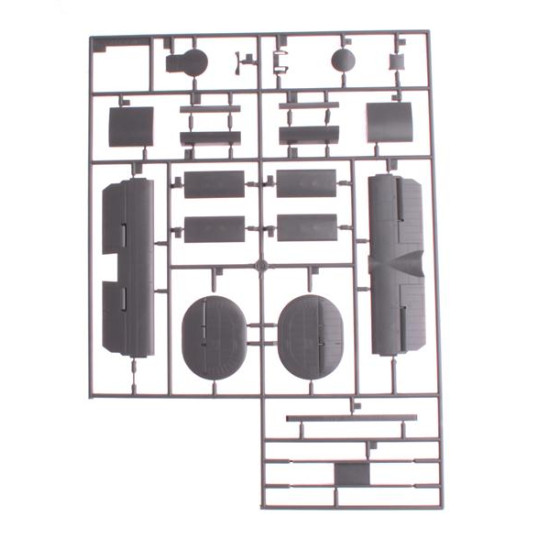
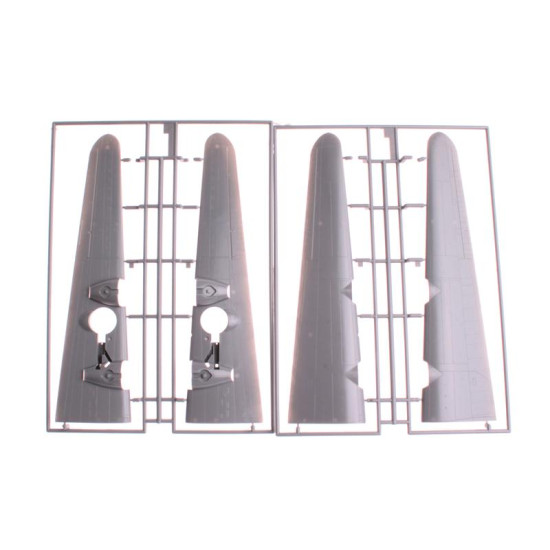
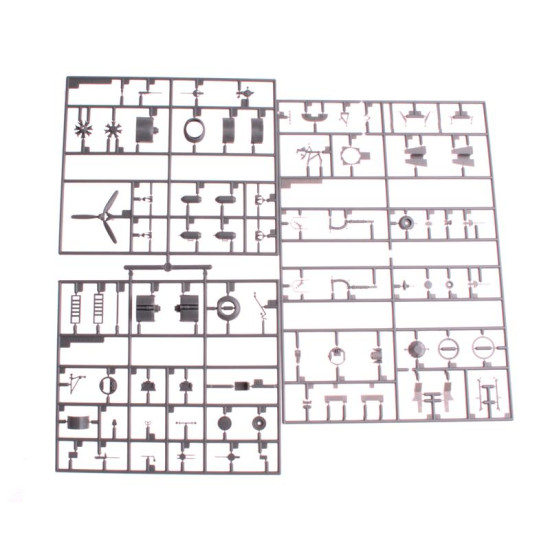
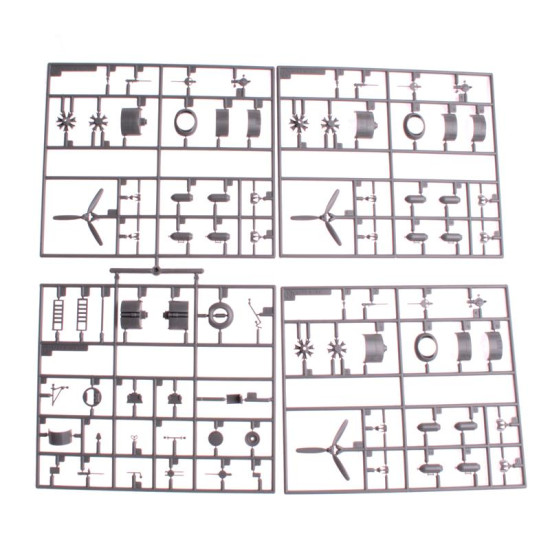
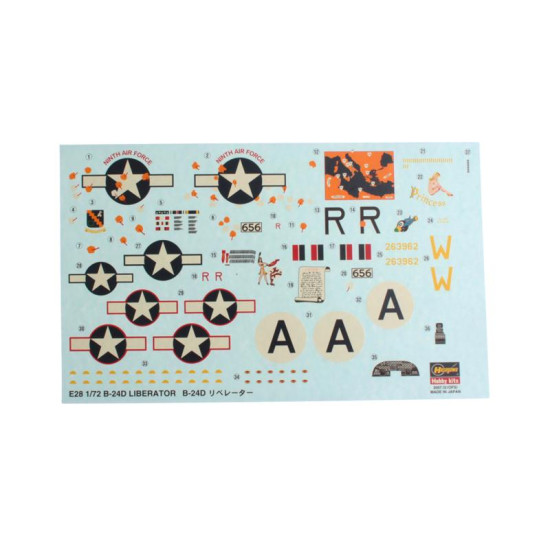
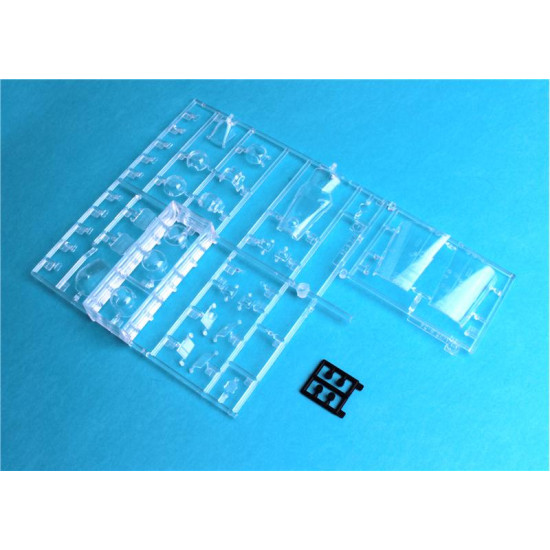








Consolidated B-24 Liberator
1/72 Aircrafts, Planes
Hasegawa 00558
Manufacturer: Hasegawa
Scale: 1/72
Material: Plastic
Paint: Unpainted, Unassembled, Kit do not contain paints and glue.
Condition: New in Box
The Consolidated B-24 Liberator was an American heavy bomber, designed by Consolidated Aircraft of San Diego, California. It was known within the company as the Model 32, and a small number of early models were sold under the name LB-30, for Land Bomber. The B-24 was used in World War II by several Allied air forces and navies, and by every branch of the American armed forces during the war, attaining a distinguished war record with its operations in the Western European,Pacific, Mediterranean, and China-Burma-India Theaters.
Often compared with the better-known Boeing B-17 Flying Fortress, the B-24 was a more modern design with a higher top speed, greater range, and a heavier bomb load; it was also more difficult to fly, with heavy control forces and poor formation-flying characteristics. Popular opinion among aircrews and general staffs tended to favor the B-17's rugged qualities above all other considerations in the European Theater.Nevertheless, the B-24 provided excellent service in a variety of roles thanks to its large payload and long range and was the only bomber to operationally deploy the United States' first forerunner toprecision-guided munitions during the war, the 1,000 lb. Azon guided bomb.
The B-24's most costly mission was the low-level strike against the Ploiești oil fields, in Romania on 1 August 1943, which turned into a disaster because the defense was underestimated, fully alerted and attackers disorganized.The contract for a prototype was awarded in March 1939, with the requirement that one should be ready before the end of the year. The design was simple in concept but nevertheless advanced for its time. Compared to the B-17, the proposed Model 32 had a shorter fuselage and 25% less wing area, but had a 6 ft (1.8 m) greater wingspan and a substantially larger carrying capacity, as well as a distinctive twin tail. Whereas the B-17 used 9-cylinder Wright R-1820 Cyclone engines, the Consolidated design used twin-row, 14-cylinder Pratt & Whitney R-1830 "Twin Wasp" radials of 1,000 hp (746 kW). The 70,547 lb (32,000 kg) maximum takeoff weight was one of the highest of the period. Consolidated incorporated innovative features: the new design would be the first American bomber to use tricycle landing gear, and it had long, thin wings with the efficient "Davis" high aspect ratio design (also used on the projected Model 31 twin-engined commercial flying boat)promising to provide maximum fuel efficiency. Wind tunnel testing and experimental programs using an existing Consolidated Model 31 provided extensive data on the flight characteristics of the Davis airfoil.Consolidated finished the prototype, by then known as the XB-24, and had it ready for its first flight two days before the end of 1939. After initial testing, the XB-24 was found to be deficient in several areas. One major failure of the prototype was that it failed to meet the top speed requirements specified in the contract. As built, the XB-24 top speed was only 273 mph instead of the specified 311 mph. As a result, the mechanically supercharged Pratt & Whitney R-1830-33s were replaced with the turbo-supercharged R-1830s. Additionally, the tail span was widened by 2 feet (0.61 m) and the pitot-static probeswere relocated from the wings to the fuselage. The XB-24 was then re-designated XB-24B—these changes became standard on all B-24's built starting with the B-24C modelLike the B-17, the B-24 had an array of .50 caliber (12.7 mm) M2 Browning machine guns in the tail, belly, top, sides and nose to defend it from attacking enemy fighters. However, unlike the B-17, the ball turret could be retracted into the fuselage when not in use, a necessity given the low ground clearance of the fuselage. The ball turret first appeared on B-24Ds sometime in early 1943 but not before the early Ds had used tunnel guns and the Bendix remote controlled ventral turret, also used (unsuccessfully) on the initial B-17E examples and on some early B-25 Mitchell medium bombers. General use of the ball turrets by the U.S. would last until late July 1944 when performance gains outweighed the need for 360 degree belly defense. Bomber Command Liberators generally dispensed with the belly turrets as unnecessary in areas where no enemy fighter presence would be found.
B-24 Liberator
United States Army Air Forces Consolidated B-24D Liberator over Maxwell Field, Alabama.
Role
Heavy bomber
Manufacturer
Consolidated Aircraft
First flight
29 December 1939
Introduction
1941
| General Product Info | |
| Material | NOT SET |
| Scale | 1/72 |
| Type | NOT SET |
We have the lowest worldwide shipping. And it's totally simple.
EUROPE, USA, CANADA TURKEY, ISRAEL, EGYPT, UE CHINA, JAPAN, HK, S.KOREA | AU NZ MX South America, Asia | |
| Order weight up to 0.22kg or 0.48lb | US$ 8.90 | US$ 8.90 |
| Order weight up to 0.44kg or 0.97lb | US$ 13.95 | US$ 17.90 |
| Order weight over 0.44kg or 0.97lb | US$ 19.99 | US$ 29.99 |
| Order total over $150 | FREE | PROMO US$ 19.99 |
Shipping to some countries not qualifies for the free shipping option but costs not over $29.99 for any sized order. Sorry for that, your location is too far.
- Stock: Out Of Stock
- Model: HA00558
- Weight: 1.35lb
- DATE ADDED: 08/04/2014
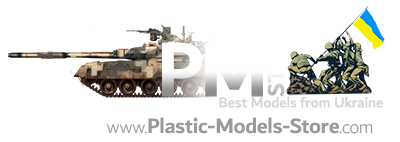
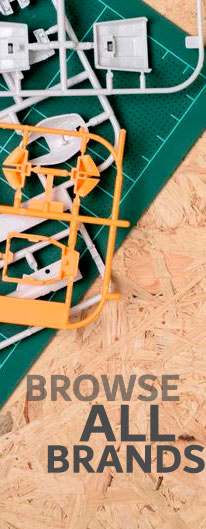

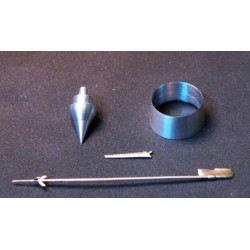
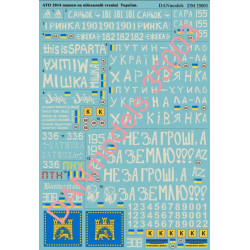

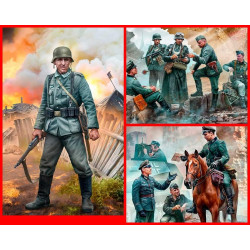
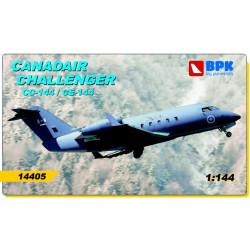
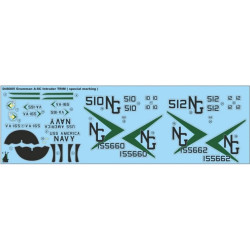

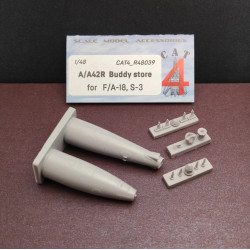

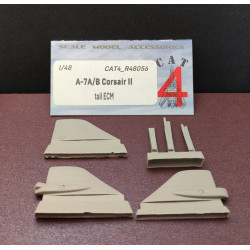
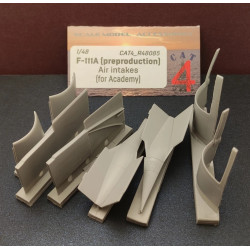
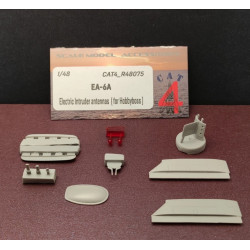
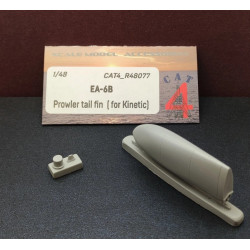
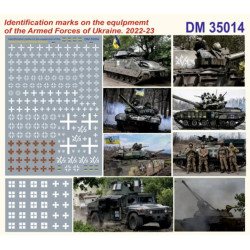
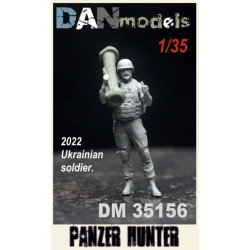


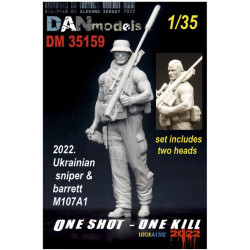

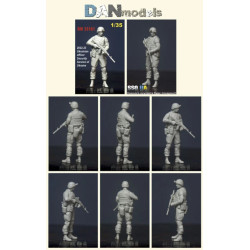

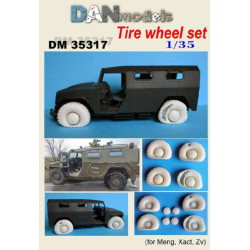

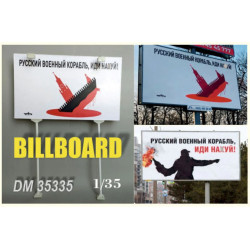
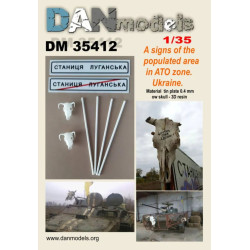



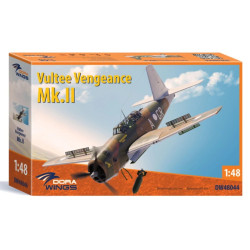


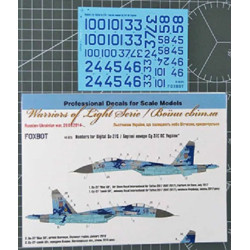

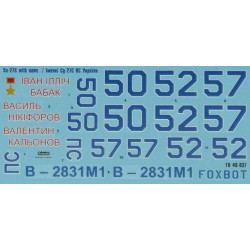

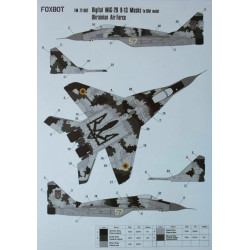
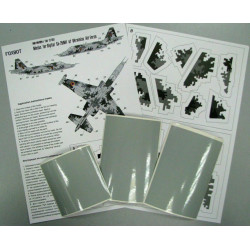






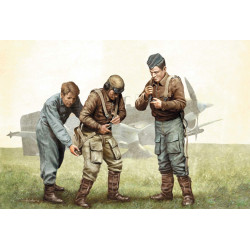
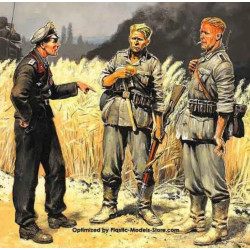


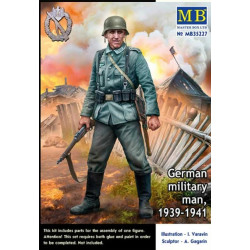
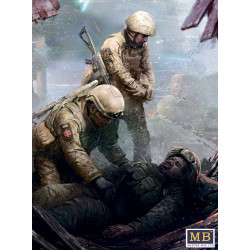












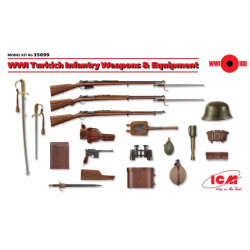
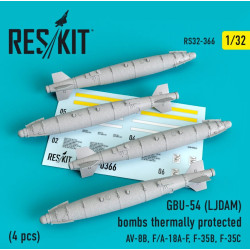
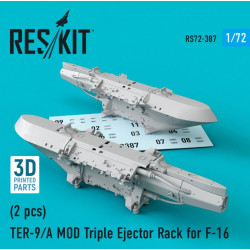
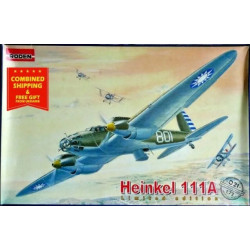
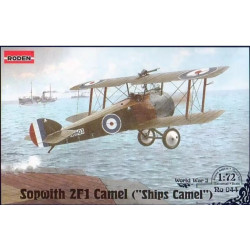



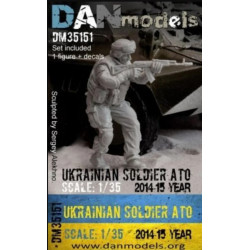

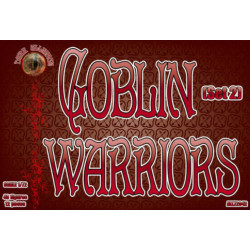
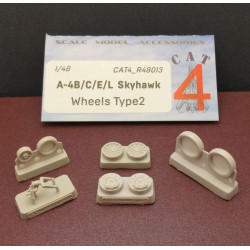

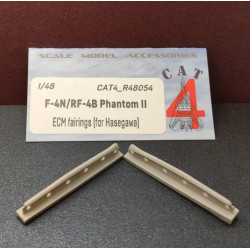
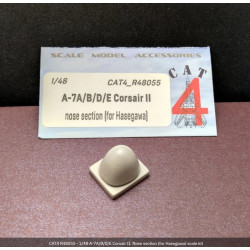
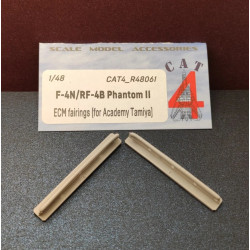
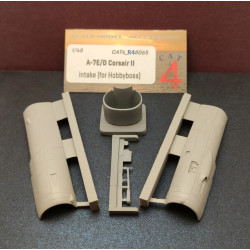
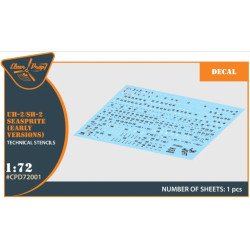
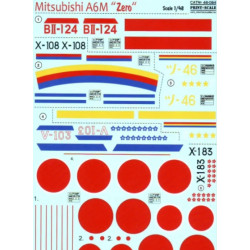
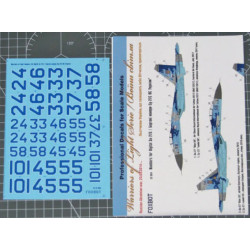
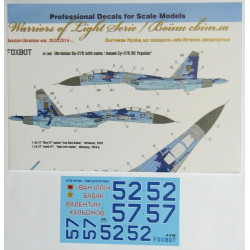
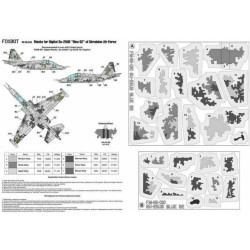



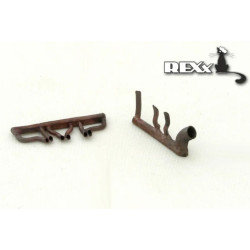


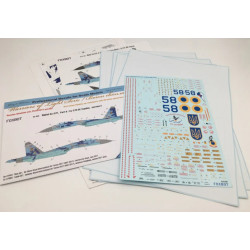
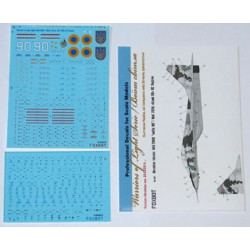


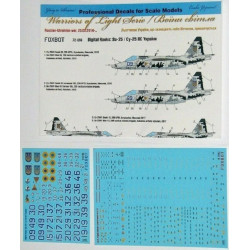

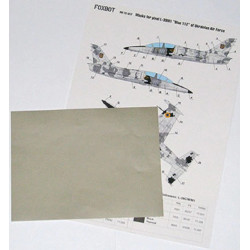

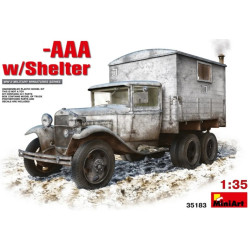
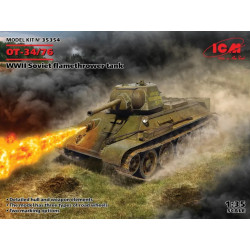
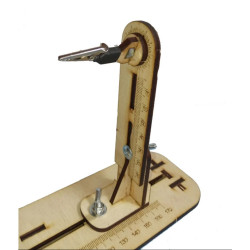










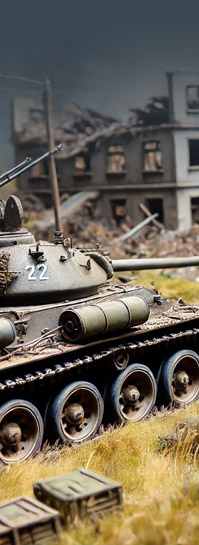

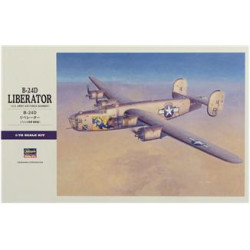
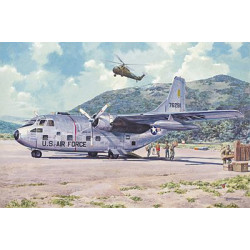
-250x250w.jpg)

